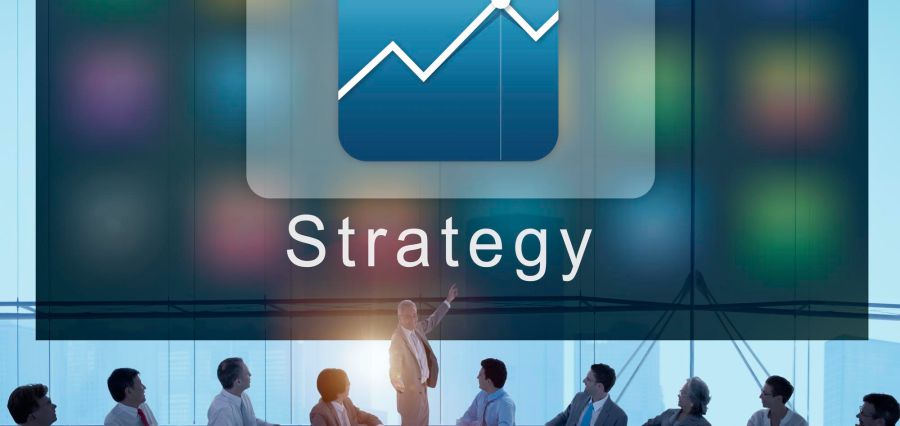The revolution resulting from the widespread use of artificial intelligence tools in all fields is the talk of the hour, as many feel threatened by it while others look to the opportunities that lie behind it. In fact, the spread of artificial intelligence is a multifaceted phenomenon, offering both promising prospects and potential risks.
Being part of the dynamic landscape of today’s job market, maintaining competitiveness necessitates a continuous commitment to skill development and adaptation. Artificial intelligence, which has taken the place of humans in some functions, is the same that provided (AI) tools as indispensable assets, playing a pivotal role in bolstering employability and transforming employment terrain.
In the realm of employment, as an executive coach and HR person, I find several AI tools that contribute to enhancing employability and empowering individuals in the workforce are now an essential player in the process; the hiring landscape has undergone a revolution with the advent of AI-powered recruitment tools. These tools efficiently analyze resumes, identify relevant skills, and align candidates with job requirements. By automating the initial screening process utilizing AI tools in predictive analytics to evaluate market trends and requirements, AI now empowers recruiters to focus on evaluating candidates’ values and cultural fit, thereby streamlining the overall hiring process, better hiring decisions, better human resources, and better organization bottom line.
My interest has always been focused on finding practical ways for learning and development to help individuals improve their capabilities and build their competencies with less cost, time, and effort! Today, AI-driven learning platforms provide tailored and adaptive training experiences, yet these tools assess individual learning styles, strengths, and weaknesses to customize educational content. This personalized approach augments skill development, ensuring that individuals acquire the specific competencies needed in their chosen fields. Moreover, while technical skills remain crucial, the significance of soft skills in the modern workplace is equally pronounced. AI tools incorporate advanced algorithms to assess and enhance interpersonal skills such as problem-solving, integrity, communication, teamwork, and adaptability.
One more point: people today are forced, like never before, to manage their business remotely due to frequent travel, closure due to pandemic, family orientation, work-life balance policies, etc., which are all factors that led to the activation of remote work methods. AI virtual tools like communication platforms powered by AI streamline remote work processes play a crucial role in facilitating collaboration and productivity. A new type of literacy has become essential for entering and continuing the labor market; proficiency in using these tools enhances an individual’s adaptability to the evolving nature of work environments.
In the era of innovation, it is clear that the integration of AI fosters technological progress, potentially giving rise to new industries, employment opportunities, and solutions to previously insurmountable problems. AI systems excel at processing vast datasets at remarkable speeds, which provide decision-makers with valuable enlightenment based not only on data, figures, and numbers but also on qualitative analysis and conclusions.
Does this mean that artificial intelligence is absolutely good?
Of course not. In addition to the paramount concern revolves around the potential job displacement due to automation, where AI systems taking over tasks traditionally handled by humans could lead to unemployment and necessitate reskilling efforts, the uncontrollable spread of artificial intelligence across all aspects of life poses more serious potential risks to the world and humanity that humans must be aware of and prepare to confront; hereunder are some of those major threats:
Who controls the quality of the data used to create AI drives and formulas? The effectiveness of AI algorithms depends on the quality of the data they are trained on, and biased data can lead to biased results. In my opinion, this poses a serious danger to global public opinion, perpetuating existing social inequalities and discriminatory practices if they are not vigilantly addressed.
We all noticed how the widespread use of artificial intelligence in all aspects of our lives requires the collection and analysis of large amounts of personal data, which raises concerns about invasion of privacy and the potential misuse of sensitive information. As artificial intelligence develops, ethical questions arise on responsibility for AI-driven decisions, accountability if errors occur, and the potential impact on human values and societal norms. Although an ethical charter, “Responsible AI,” has been developed to regulate the use of artificial intelligence, to date, no clear authority controls any possible misleading data. Imagine the power the AI has over the world without being ruled by clear, firm regulations.
How can we deal with this new reality?
With AI, awareness is the name of the game. Knowing how to reskill for the future, how to protect yourself and personal data, and how to deal with fake or misleading information are all every individual’s new responsibility to achieving equilibrium between harnessing AI’s opportunities and mitigating its potential threats is imperative.
To those seeking to enhance employability and not just survive but thrive in the workforce of the future, as the employment landscape continues to evolve, embracing AI tools becomes a strategic imperative; the journey forward demands a thoughtful integration of AI into our professional lives, emphasizing not just technical proficiency but also the cultivation of essential soft skills to meet the demands of an ever-evolving job market.
In conclusion, humans are distinguished from machines by their emotional dimension and people’s experiences, and while the machine’s enormous ability to analyze enables it to benefit from the inputs given by humans, humans remain unique in the genuine complex mindset that enables them to innovate and create. If you feel that everything you do in your work today can be automated, then you are unaware of your enormous creativity abilities as a human being. Start immediately unlocking your potential, upskilling, reskilling, and learning new tools that keep pace with the needs of the future.
About the Leader:
Sana Hammad
Co-founder and CPO at MARLEQ
MARLEQ OÜ (Estonia)
Website: marleq.com
Social: Linkedin
AdA Executive Board Member at the German-Arab Chamber of Industry and Commerce
MBA in HR, German Jordanian University



















